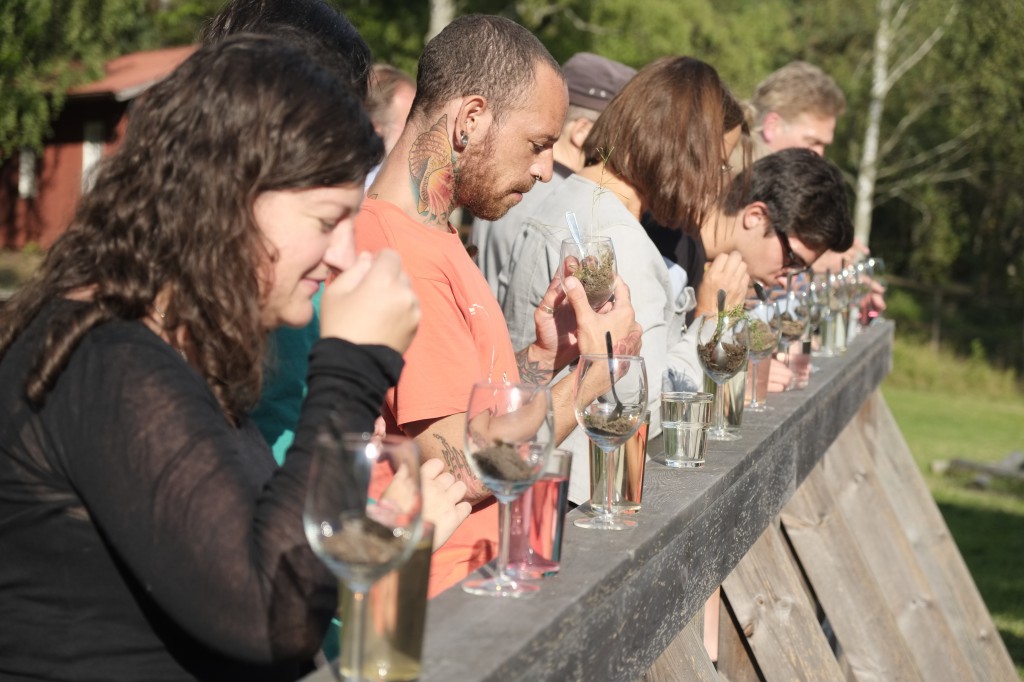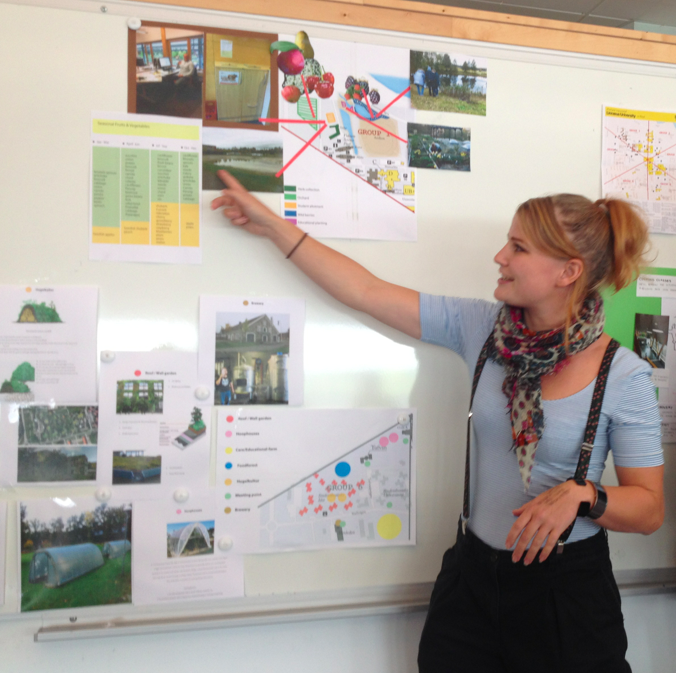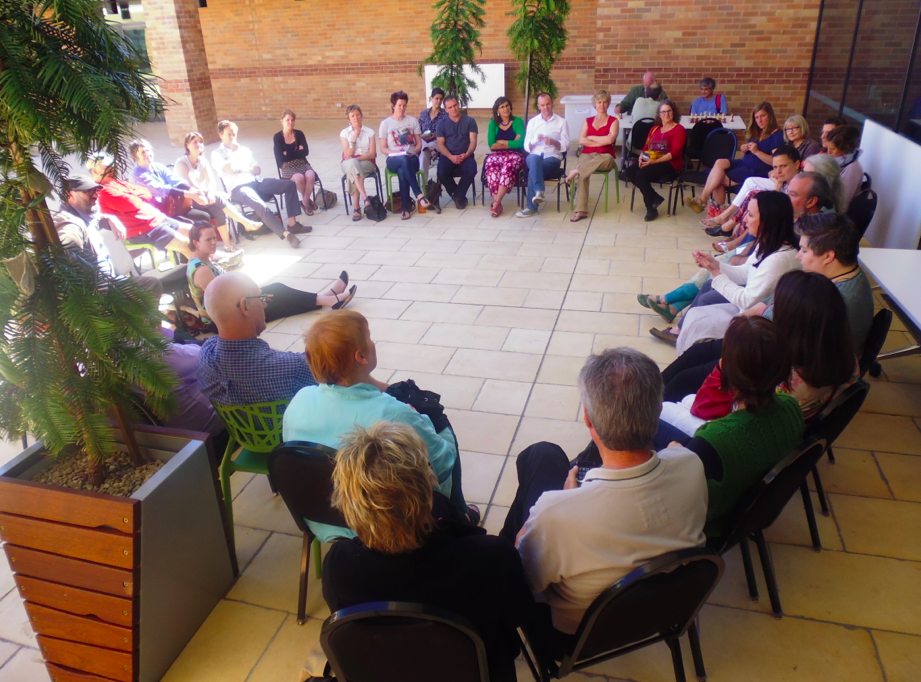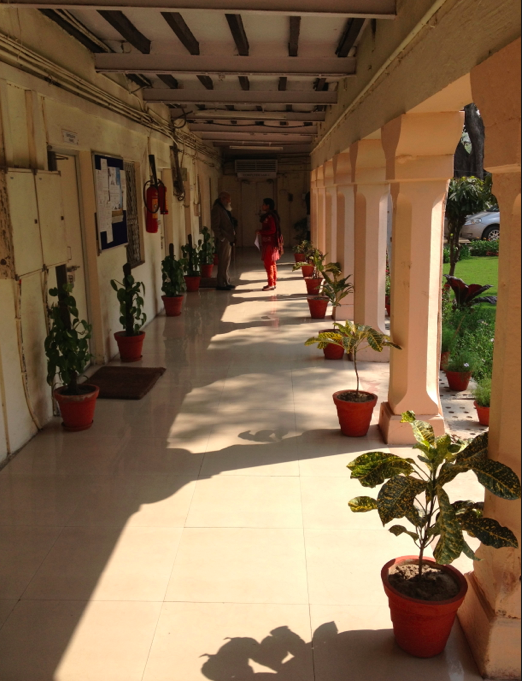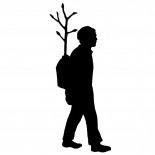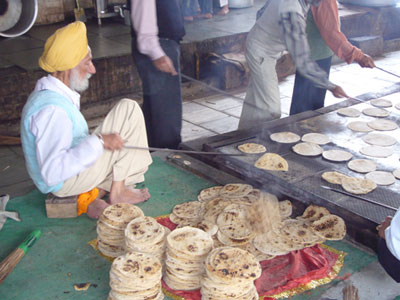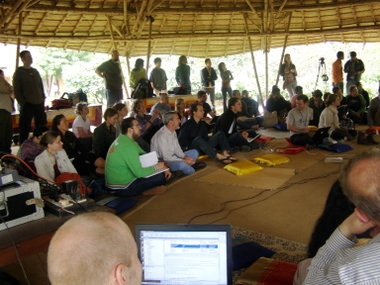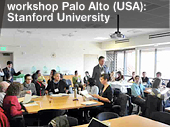Systems Thinking In Stockholm’s Archepelago
Fifty designers, artists and architects spent a week at our Xskool on Grinda to explore two questions: What does this food system taste like? and, How does this forest think? One team performed the Soil Tasting Ceremony shown above; we were invited to compare the tastes of the teas and soils in silence.
Edible Campus, Växjö, Sweden
What would it take to transform a campus covered in hard surfaces into a resilient social-ecological ecosystem? Our Xskool at Linnaeus University (above), named after a founding father of ecology, developed-campus wide proposals for what could grow where, who would do what, and the business models to sustain this transformation across future generations.
Ecological Learning In Katoomba, New South Wales
Together with the Blue Mountains Cultural Centre (below), we brought together local government officials artists, designers, environmentalists, teachers, students, architects, tourism operators and business people. The outcome was a shared commitment to develop forms of tourism that involve ecological learning.
Informal Economies And Service Innovation, Barcelona
When Claro Partners hosted the first Informal Economy Symposium in restorationBarcelona, we ran an xskool session about the opportunities for service innovation in food systems.
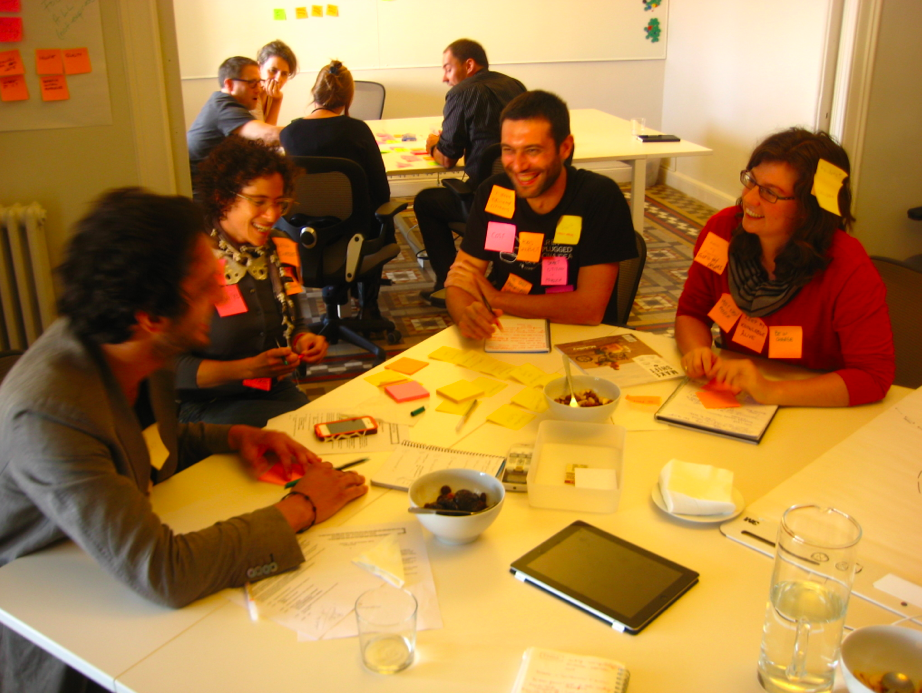
A Social Enterprise Hub in Fremantle, Australia
In Freemantle we explored practical ways to accelerate the growth of social micro-enterprises – with a special focus on the kind of hub, lab, or platform needed to sustain this kind of work through time. The highlight was a visit (above) to Myre, a former deparrtment store now occupied by a thriving community of designer-makers.
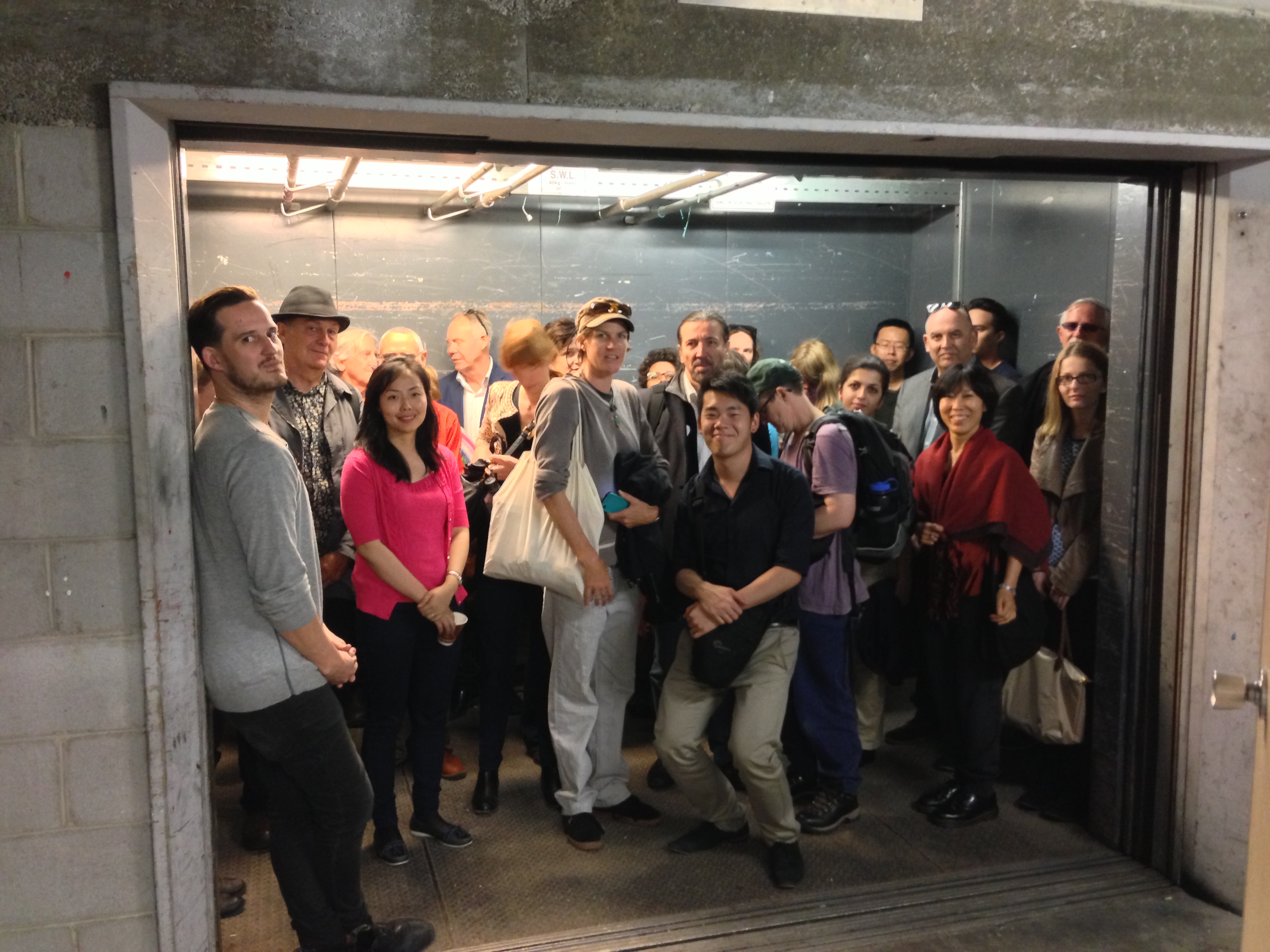
Sustainable Tourism in Brisbane
We brought together (below) five eco-tourism businesses for a hands-on day that combined a lecture, brainstorm and service design clinic. For David Morgans, Queensland’s Director Destination & Market Development, the day “helped me to seek opportunities outside the square for solutions & inspiration”
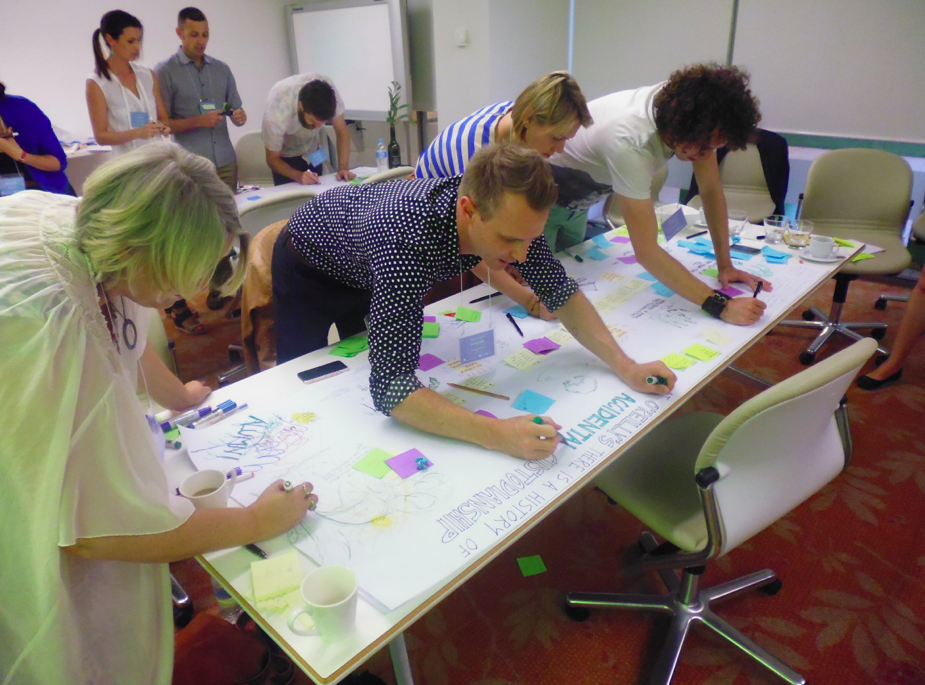
Carinthia, Austria
For the Austria Tourist Board’s ATB Experience, we briefed 300 international delegates on emerging forms of eco-tourism from around the world. The cheese (below) was freshly-made by the nuns who welcome visitors to a 16th century convent in Wernberg.
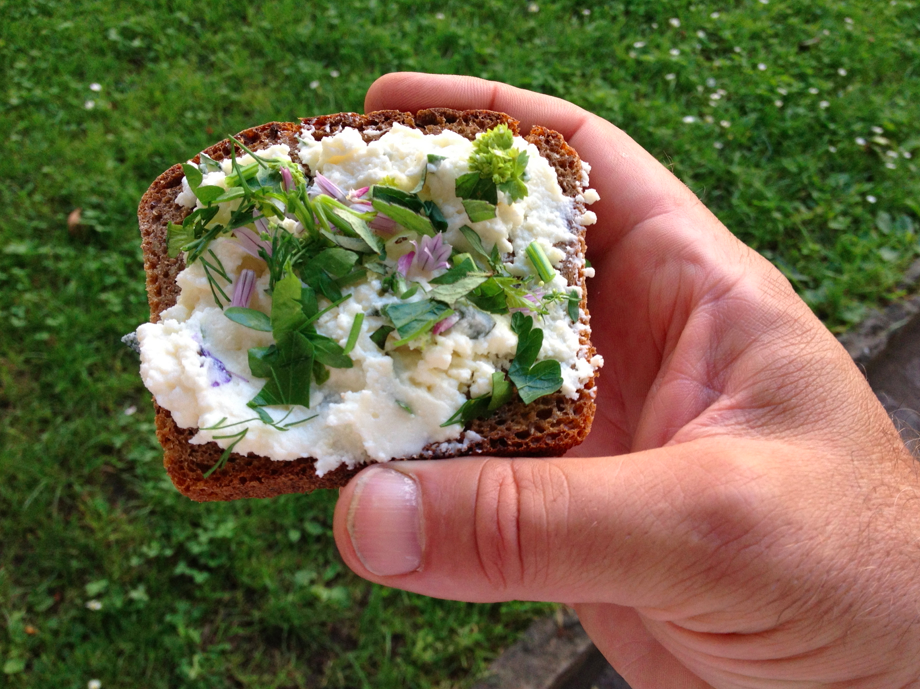
Living Systems on Grinda, Stockholm Archipelago
In what ways can design help people interact with living systems in ways that help both of them thrive? Our xskool on the island of Grinda (below) was a partnership with Konstfack with the participation KADK in Denmark as part of the FuturePerfect Festival
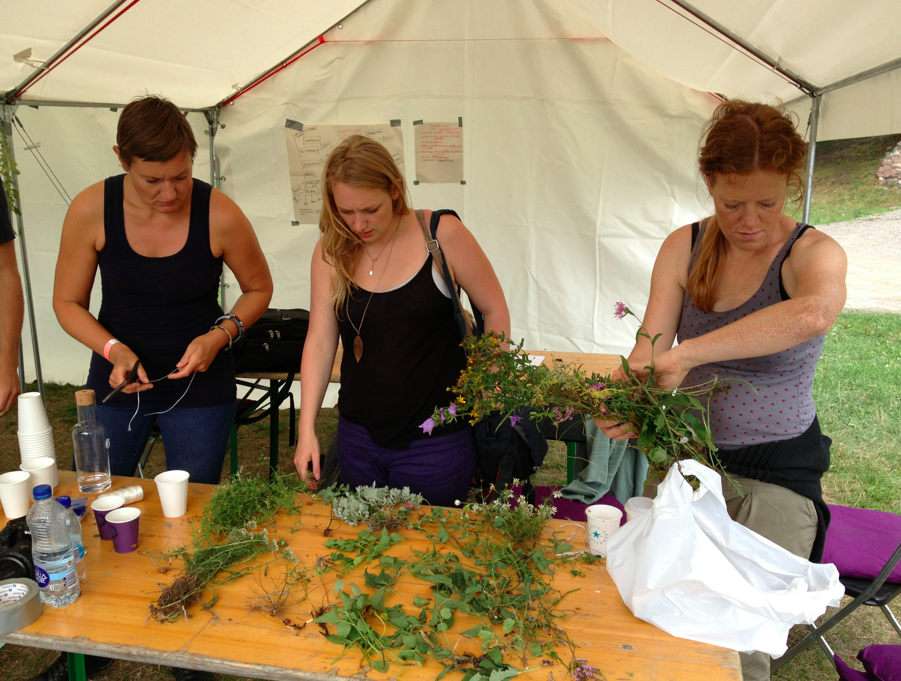
Cycle Commerce As As Ecosystem In Delhi
At the UnBox Festival in Delhi (below) we brought together service designers, cargo bike designers, and city planners to explore practical steps needed to accelerate the growth of cycle commerce as an ecosystem
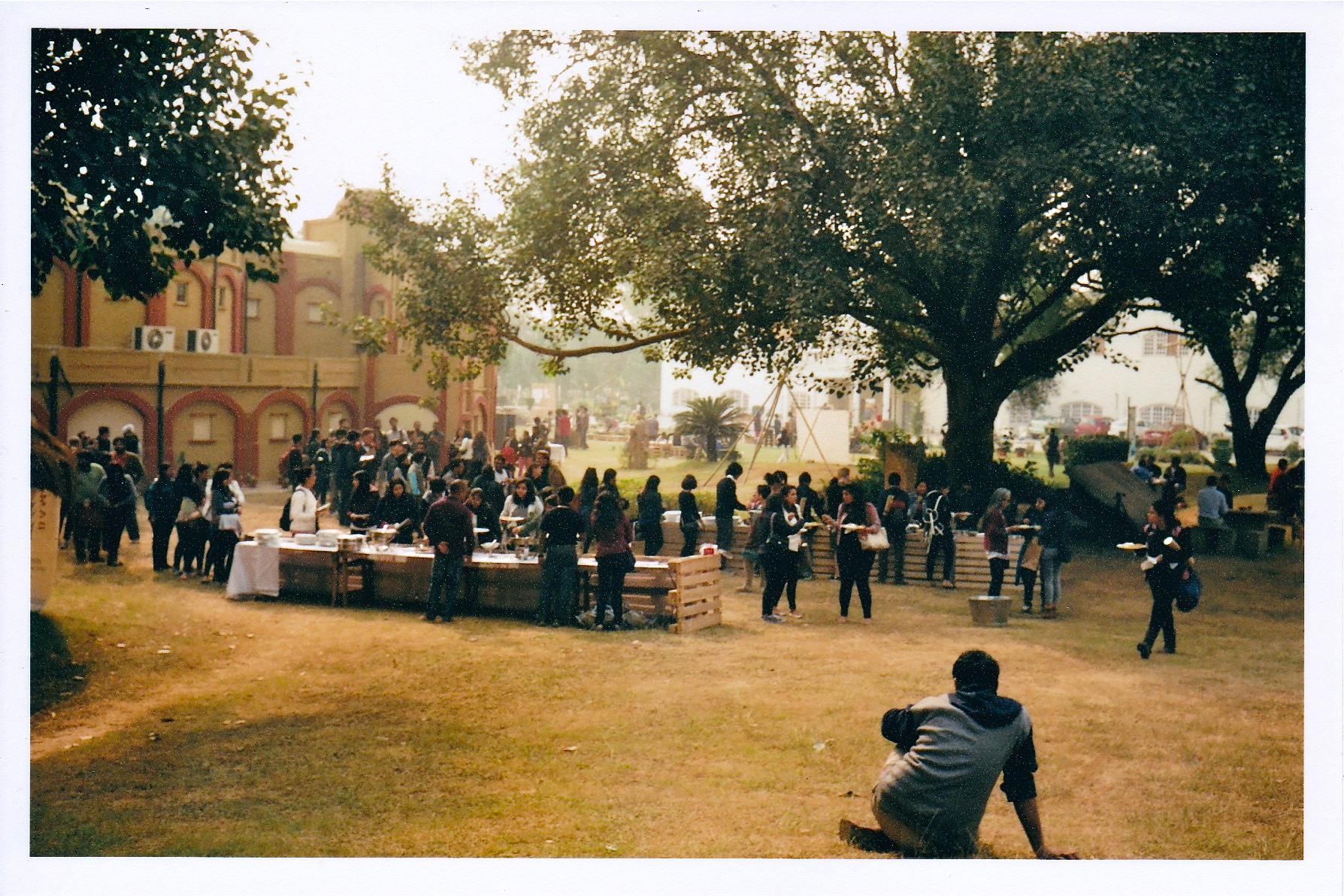
Service Design For Rovaniemi, Lapland
During Rovaniemi Design Week, we visited small and large companies to identify ways that service design can improve their work. Below: in our coldest xskool so far, we debate sustainable forestry with forest managers and experts from Ponsse.
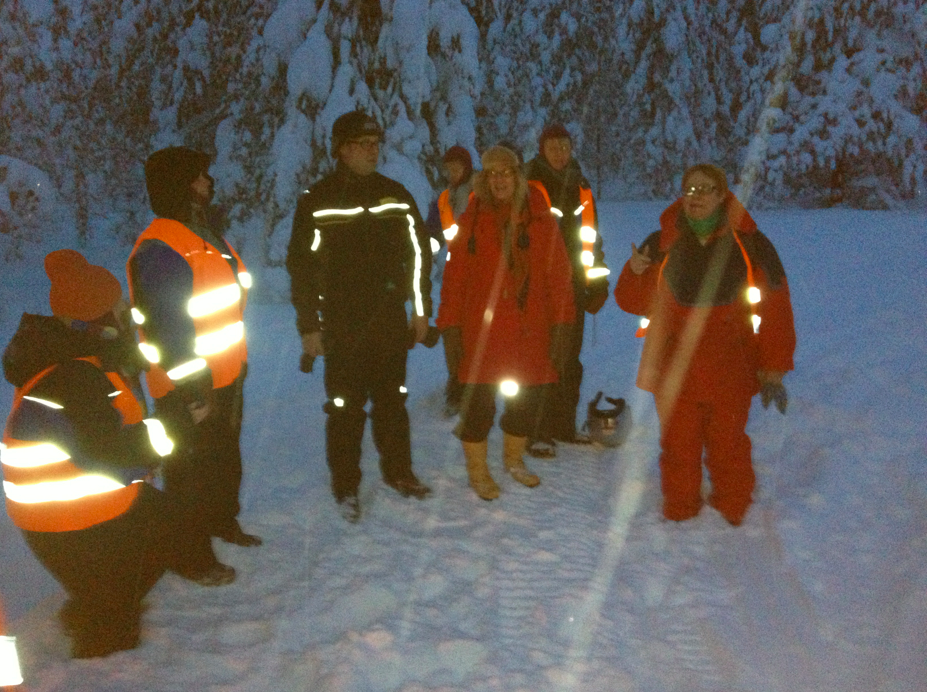
2013 Rovaniemi
Food As Green Tourism In Llubljana
For the Regional Development Agency of the Ljubljana Urban Region, our talk and workshop identified a short-list of new business opportunities in food and tourism at the scale of a bioregion.
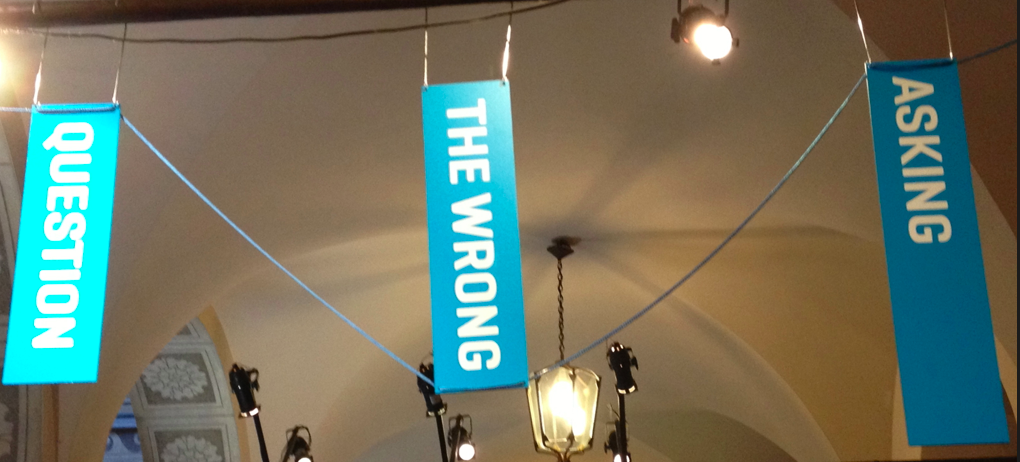
QuestionTheWrongAsking
Alba, Beirut
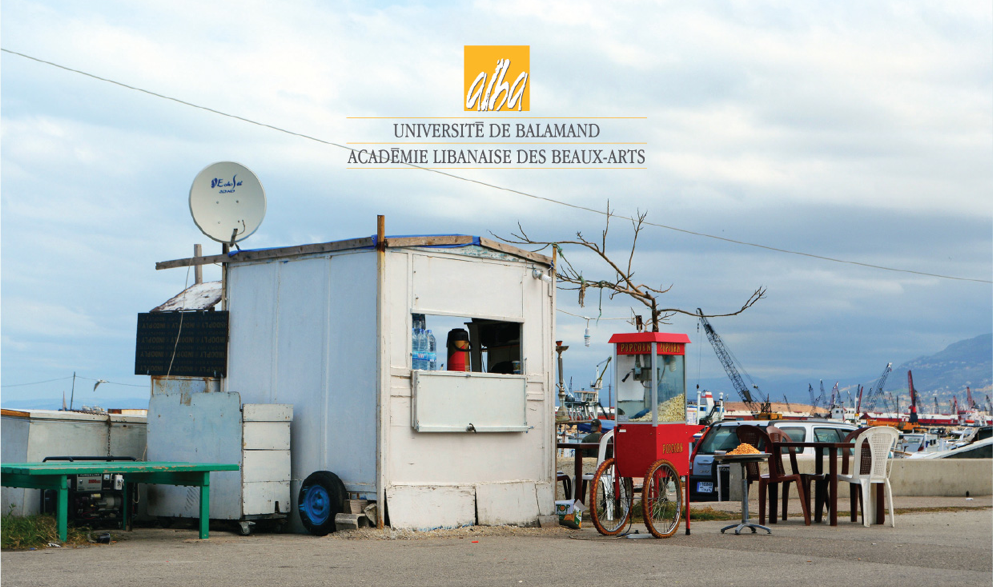
xskool ALBA, BEIRUT
Watershed Regeneration, Sao Paulo, Brazil
Together with Box1824, we organized a learning journey to favelas, organic kitchens, watersheds – and a creative digital hub. Our visit to a favela called Brasiliandia (below) focused on ways to combine social enterprise with the regeneration of damaged local watersheds.
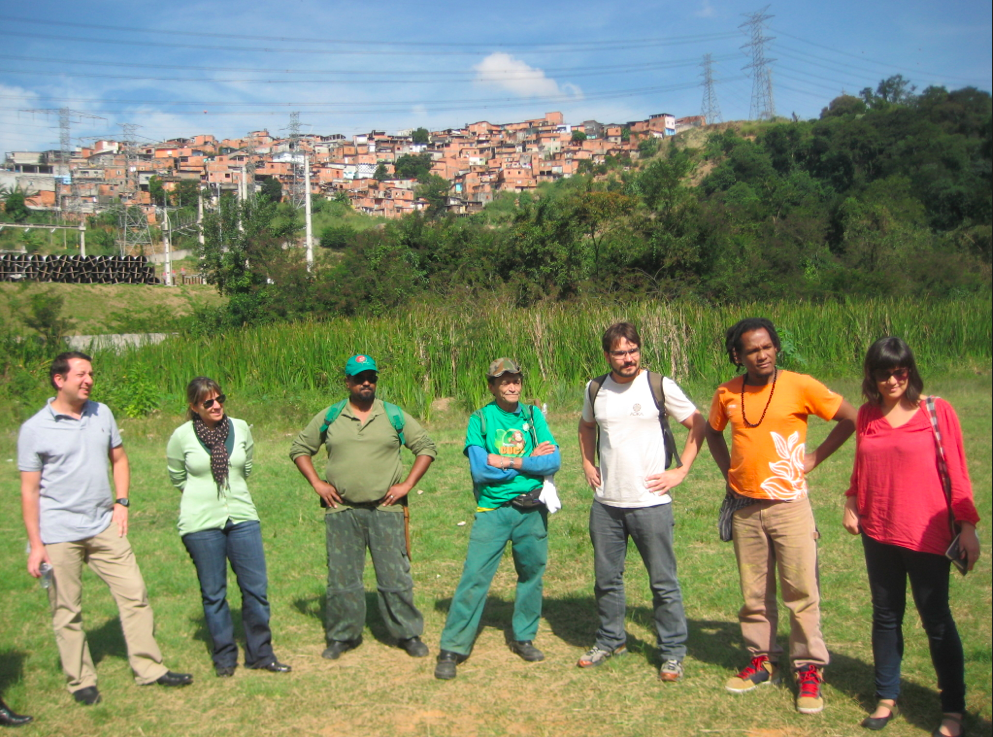
Sao Paolo, Brazil. Watershed
Food Systems In Istanbul, Turkey
Growing The BioCity was a a workshop for architects, city developers and planners. We developed proposals for new ways to share food knowledge between city and country (below).
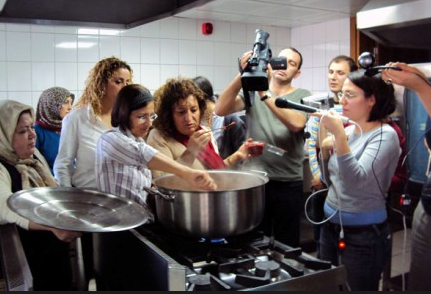
Istanbul recipe sharing media
Social Design At Ambedkar University, Delhi
One of India’s newest universities occupies one of the country’s oldest and most beautiful sites (below). We ran a faculty workshop to develop projects for AUD’s new social design masters programme.
Venice: From Gated Lagoon to Bioregion
Together with a team of urbanists and ecologists (below) from TU Graz, we ran a workshop in Venice around the proposition: From Gated Lagoon to Bioregion. Our report on the workshop is here.
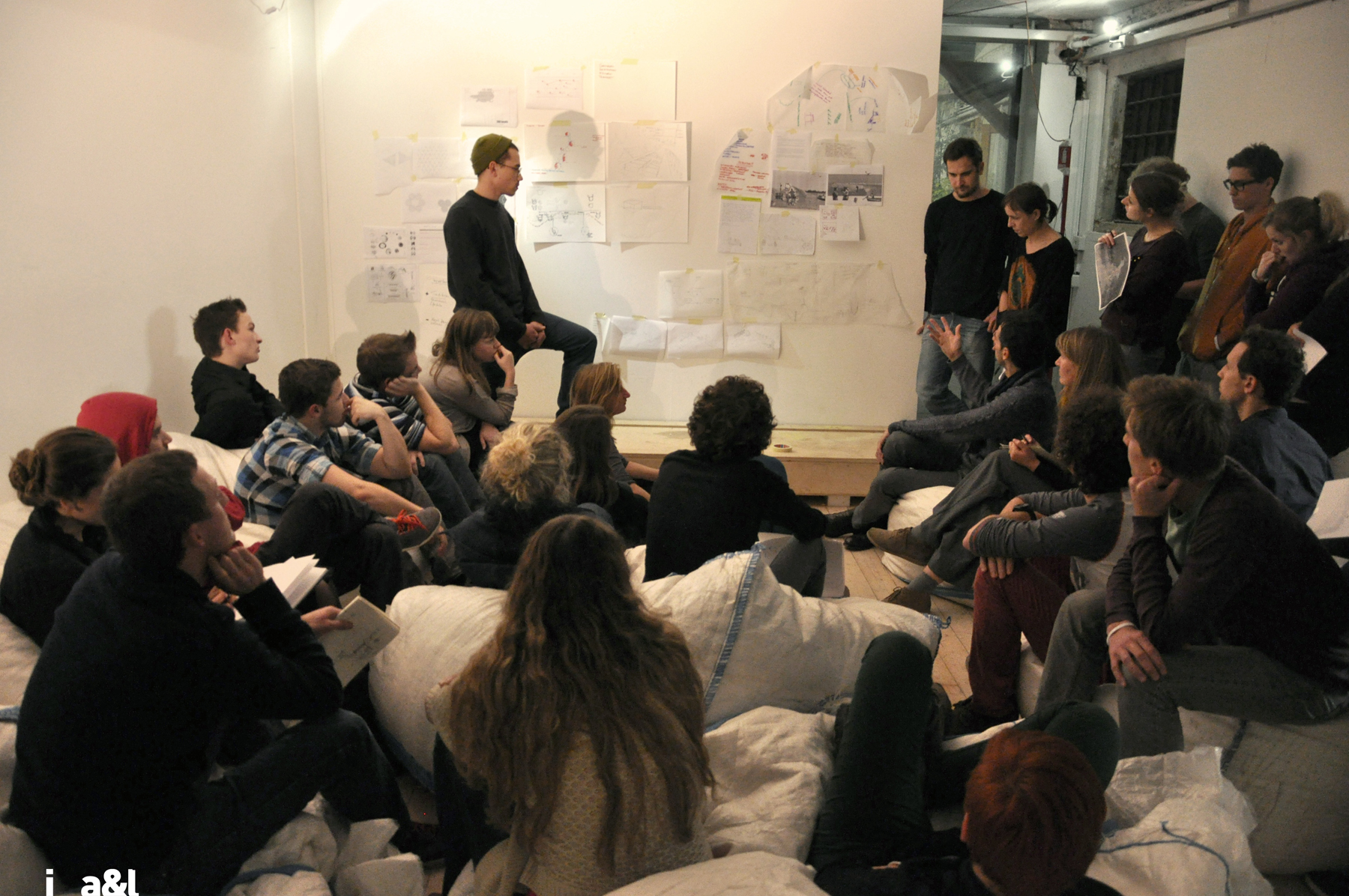
Soup + Bike + Service: Zurich, Switzerland
In Zurich Eco Lab we sought out grassroots social innovators and asked them: what aspect of your business could be improved with the help of service design? One of the green gems in the Zurich’s ecology scene, Suppen und Pedale (below) have grown their soup delivery business from 10 litres to 1,000 litres a day.
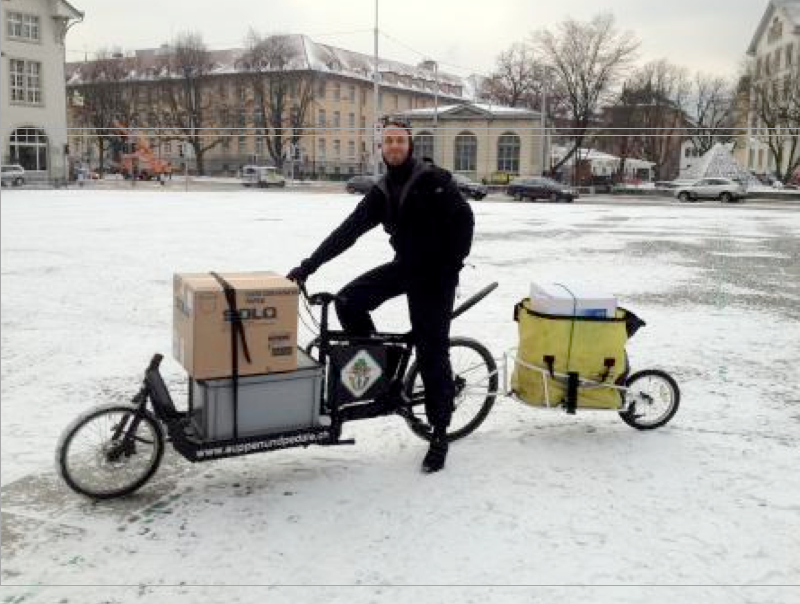
Zurich peddalen soup
Living Systems In Dundee, Scotland
What happens when social innovation meets living systems in the city? Together with Dundee’s Fleet Collective, we gathered together the best projects from the city and asked: in what ways might service innovation help them do better? One of the
highlights was meeting Dundee Urban Orchards (below).
A Rural Hub At West Lexham, England
We took 18 social innovators to explore the concept of a rural enterprise hub at an old Norfolk farm. We cooked meals in a cob oven (below) met with local brewers, and built a path.
![[Above: an earlier xskool, this one in the UK]](https://thackara.com/wp-content/uploads/2014/03/xskool-pic-2_uk.png)
[Above: an earlier xskool, this one in the UK]
Rural Innovation, Bangor, North Wales
For an xskool entitled Innovation In A Small Nation, we explored how a resilient economy can emerge in a region with one foot in a rural economy, its other in a world of universities and nuclear power (below).
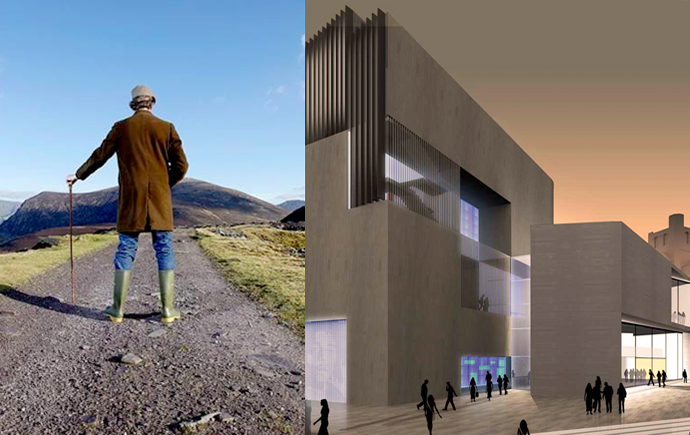
Post-Car Mobility, Fiat Isvor, Brazil
We challenged forty designers and managers from Fiat Isvor to construct a manifesto on the theme mobility – with the instruction not to design any cars. They responded brilliantly!

Fiat Isvor, Brazil
Design And Permaculture, Angsbacka, Sweden
At the first Future Perfect Festival, in Sweden, our conversations were face-to-face, not face-to-screen – sometimes in the permaculture garden shown below.
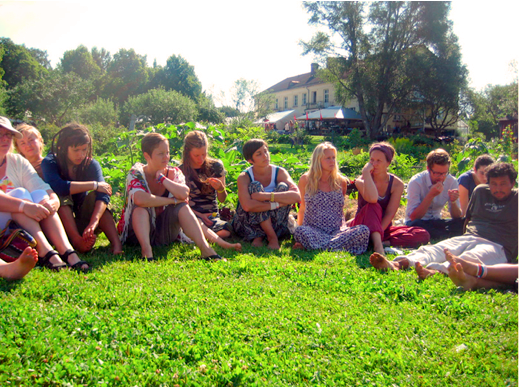
Angsbacka, Sweden
Social Asset Hunting, Luzern, Switzerland
In an xskool event called Asset Hunting, we sent young designers to find a neglected social or ecological asset somewhere in Luzern. One group developed the idea for a business that will enhance one church’s revenues (below)by opening it up to bouldering in the city.
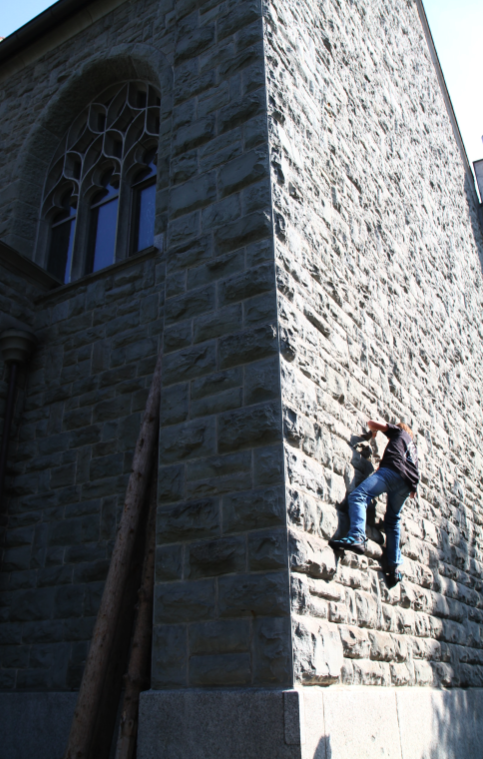
Power Station As Social Hub, Iceland
During a Who Needs Oil Road Trip we explored new service ideas for the coolest new social hub – this disused electricity power station in Reykjavik. From left to right (below) are our hosts: Dori Gislason, Andri Snaer Magnason, Soley Stefansdottir.
Highlights 2000-2010
St Etienne, France
We organised City Eco Lab (below) as centrepiece for the main French design biennial. 80,000 visitors came to interact with more than 50 projects from the region; they met urban farmers, watershed restorers, and bicycle couriers – and ate at Cantine 50km.
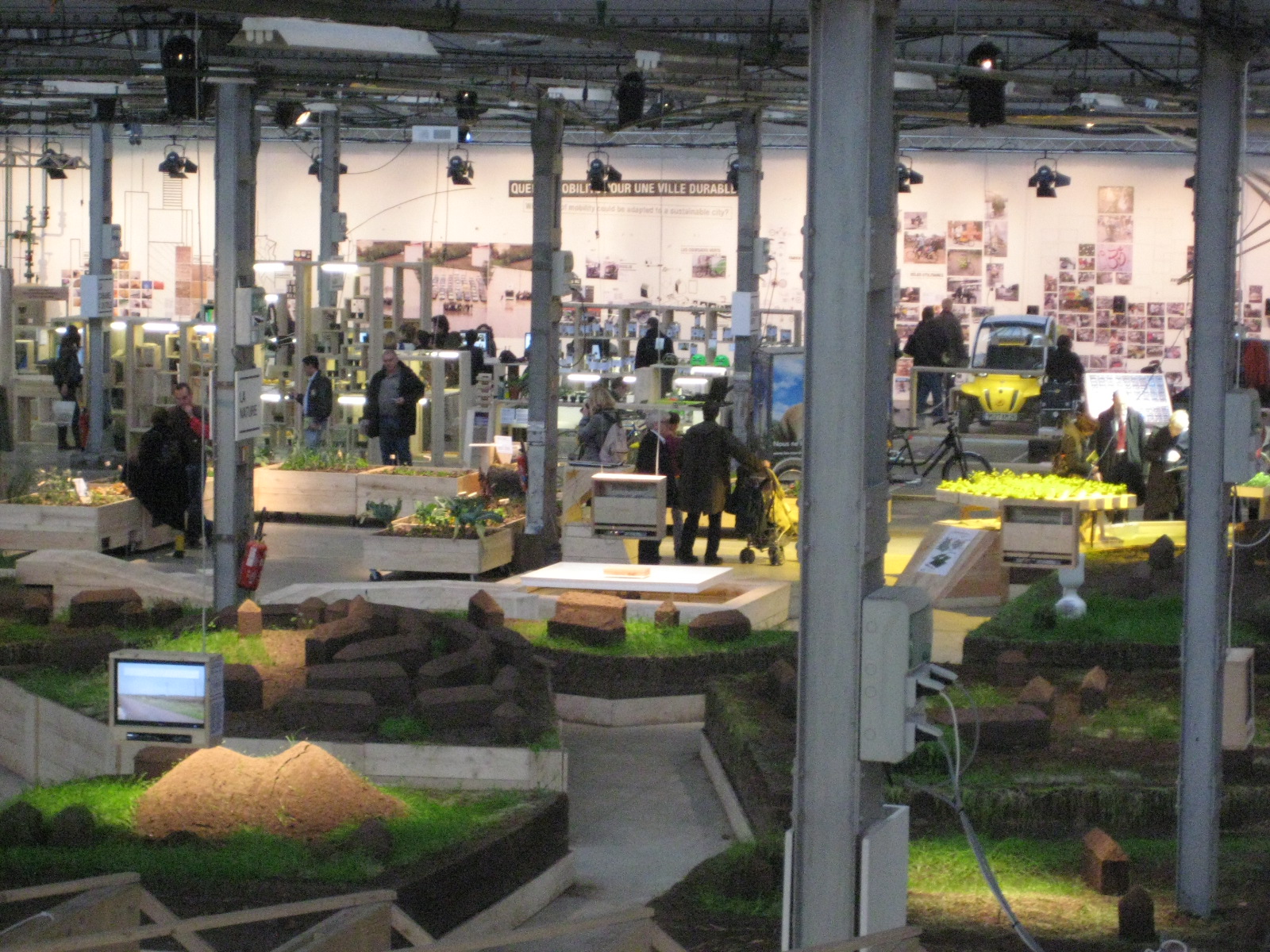
St Etienne, Design Clinics Common to all our xskools is an over-riding question: In what ways can design help people interact with living systems in ways that help both of them thrive? Shown below, a group from the Casino supermarket on
a visit to the urban farming section of City Eco Lab.
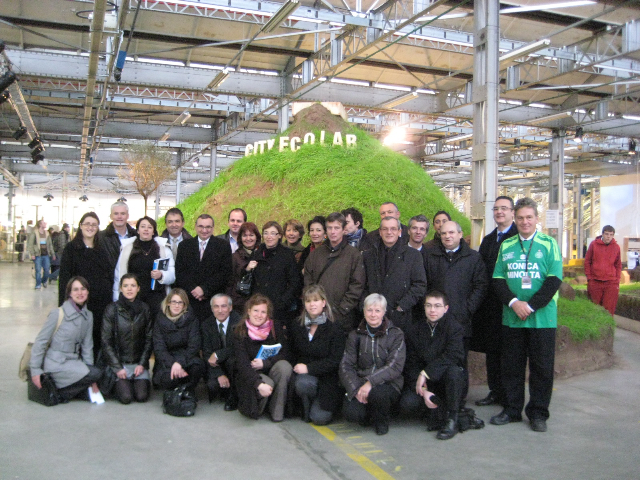
New Delhi, India
In Doors of Perception 9 on food systems and design, we took specialists from 20 global cities to the
markets,communal kitchens, street food (below) and farms of Delhi.
This (below) was our convention centre at Doors 9 on food systems. Every evening, with Indian experts, we discussed the lessons learned on these expeditions.
North East England For Designs Of The Time, the UK’s social innovation biennial, we ran live projects that explored what life in a sustainable region could be like. More than 20,000 citizens came to the Dott Festival (below) on the banks of the River Tyne.
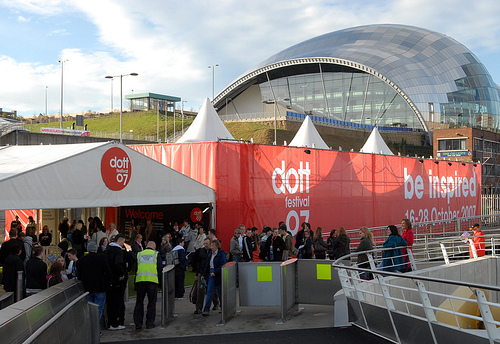
Dott crowd Entrance
Thing Link
A highlight of Dott, in 2007, was a presentation called Thing-Link (below) about the potential of tracking technologies to enhance transparency in supply chains.
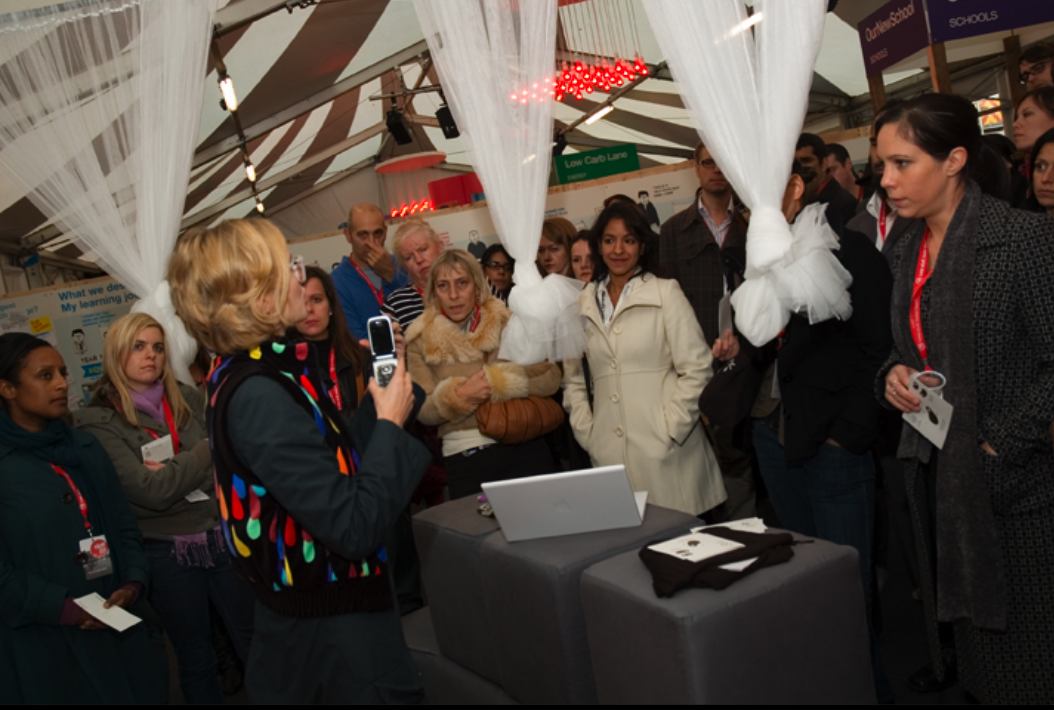
Alzheimer 100
Also for Dott07, we enabled people with dementia and their carers to describe the range of practical actions that might improve their lives. They presented these stories at our festival on the banks of the River Tyne.
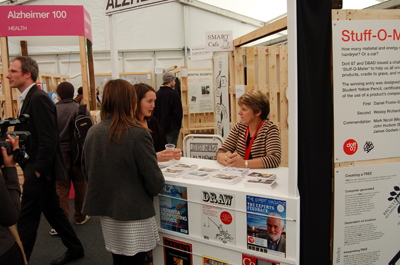
Dott
Bangalore, India As part of Doors East 2, we took our delegates (below) to meet researchers at the National Institute of Fashion Technology (NIFT)
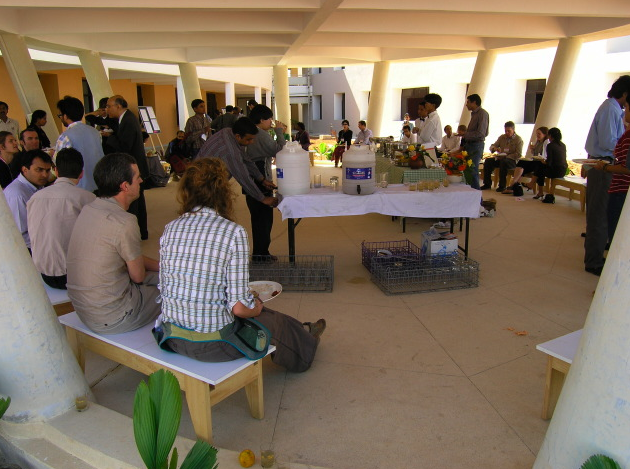
DoorsEast NIFT
Halifax, Nova Scotia Doors of Perception helped to organise Four Days Halifax. Our starting point was that many elements of a resilient Halifax already exist in embryonic form – but not all of them are visible. To change that, we made a pop-up scale model (below) in the middle of the street.
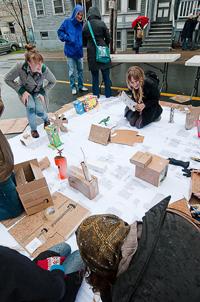
halifax.4Days-kneeling-in-street
Southern California In our Sustainable Everyday Life Project Clinic we asked, What would life in a sustainable world be like?” Together with The Planning Center, we brought together participants from grassroots organisations (below).
Stanford, Off-Grid Water Together with Stanford University’s ’Design For Change’ programme, we ran a professional design clinic on the theme of “off-grid water”. It focused on entrepreneurs in the Palo Alto region who were developing tools to help citizens manage water sustainably.
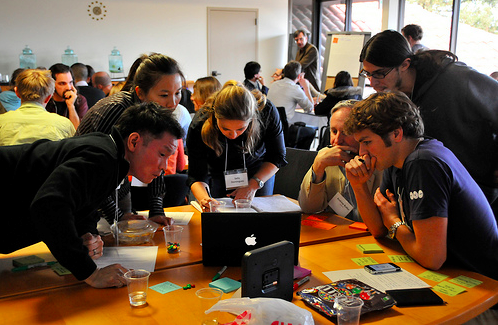
Amsterdam, Project Leaders Round Table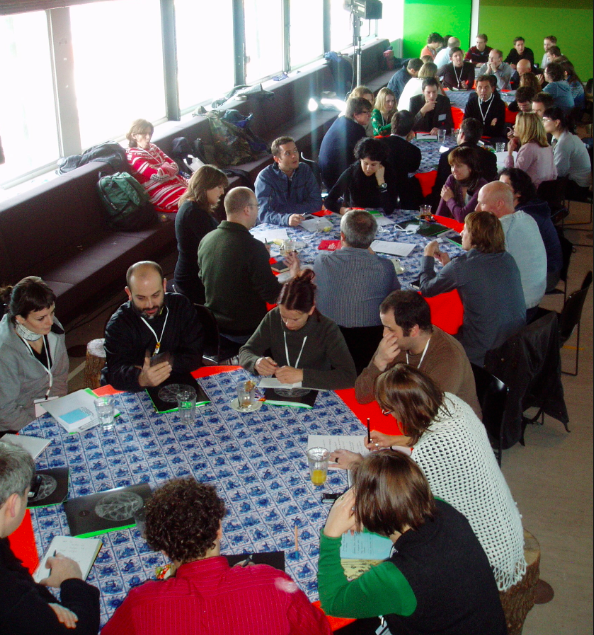
Urban-Rural Projects 2000-2009
- Four Days Halifax (week of sustainability events, Halifax Nova Scotia, 2009)
- The Landfill Designers (Programme for BBC Radio 4, 2009)
- 2012 Imperative Teach-In (Victoria and Albert Museum, London, 2009)
- Off-Grid Water (Service design clinic, Stanford University, 2009) Sustainable Daily Life (Projects Clinic, The Planning Center, Southern California, 2009)
- Travel Without Moving (Design clinic on ‘sustainability immobility’ at Pixelache Festival, Helsinki, 2009)
- City Eco Lab (Sustainability festival, St Etienne, France, 2008)
- Eco Design Challenge (Schools’ sustainability competition, North East England, 2006-2007)
- Designs of the Time (Dott07) (Sustainability festival, North East England. 2007)
- Food systems: the design agenda (Doors of Perception 9, New Delhi, 2007)
- Aspen Design Summit (international conference, Aspen, 2006 )
- Social Innovation Observatory ‘Emude” (European design research consortium, 2005-2007)
- Platforms for social innovation (Doors of Perception 8 on “Infra”, New Delhi, 2005)
- Tools For Citizen Services (Project Leaders Round Table, Amsterdam, 2004)
- Time In Design (24 hour workshop on time and sustainability, Delft. 2003)
- Fused Space (A competiton about new ways to use new media, The Netherlands, 2003)
- Mobility, Geography, Access (DoorsEast2, Bangalore, India, 2003)
- Interaction Design Institute Ivrea (Helping set up a new instituion, Ivrea, Italy, 2000-2003)
- Design and Local Knowledge (Service design conference, Oslo, 2002)
- Hong Kong Design Task Force (Expert advice to government task force, Hong Kong, 2002)
- Amsterdam Medical Centre (AMC) (Participation in think-tank, Amsterdam, 2002)
- Post-spectacular tourism (Eco-tourism workshop, Narva-Joessu, Estonia, 2002)
- The design challenge of pervasive computing (Doors of Perception 7 on Flow, Amsterdam, 2002)
- Life in the learning economy (conference for 1,000 professors, Amsterdam, 2001)
- The design challenge of pervasive computing (vision development for European Union Convivio 2001-2003)
- Design and Innovation Research Centre (DIEC) (Planning a new design and innovation centre. Newcastle upon Tyne. 2001) Quality Time at High Speed (Service innovation workshop, Breda, The Netherlands, 2000)
- Local knowledge: the design and innovation of tomorrow’s services (DoorsEast 1, Ahmedabad, India, 2000)
- Doors of Perception 6 on “Lightness” (international design conference, Amsterdam, 2000)
- Design Clinic for Entrepreneurs (Workshop, Highlands and Islands of Scotland)
- Virtual Platform (Advice to Dutch government on new media policy, 2000-2003)
- E-Culture Fair ( Marketplace of new media prototypes and research projects, Amsterdam, 2000)
